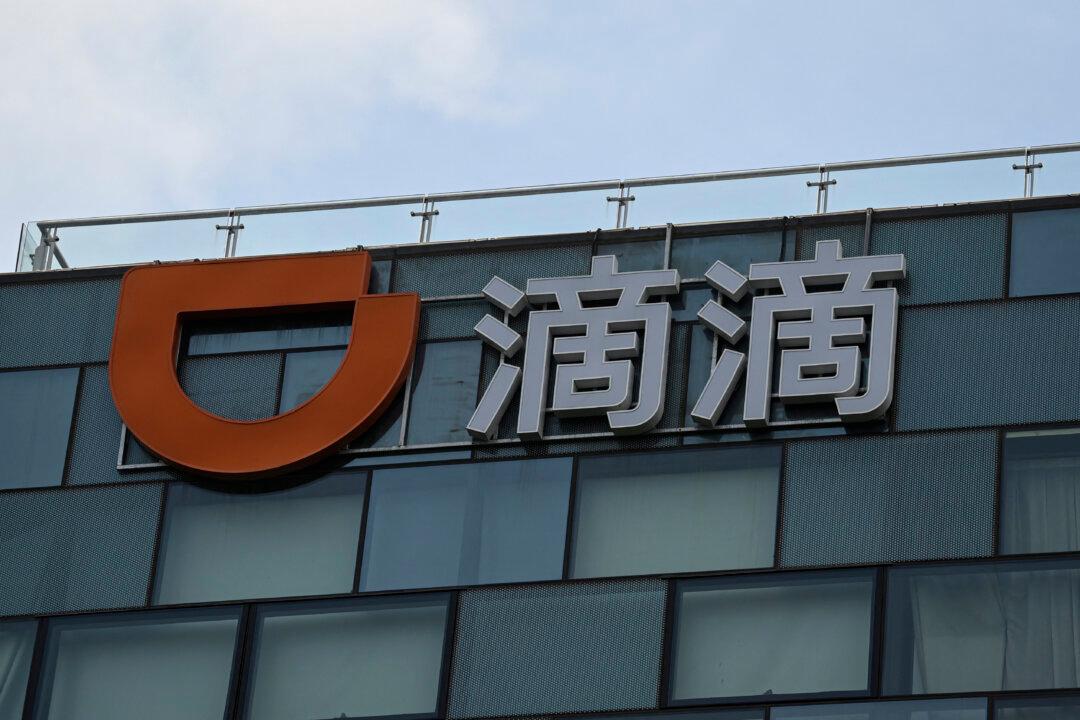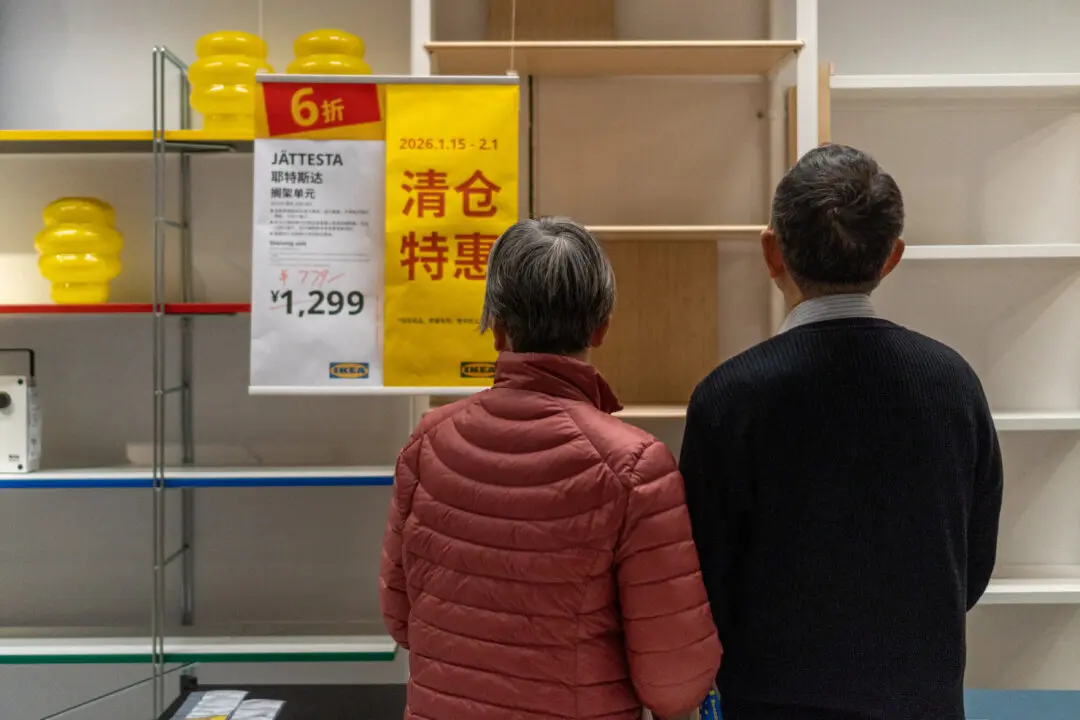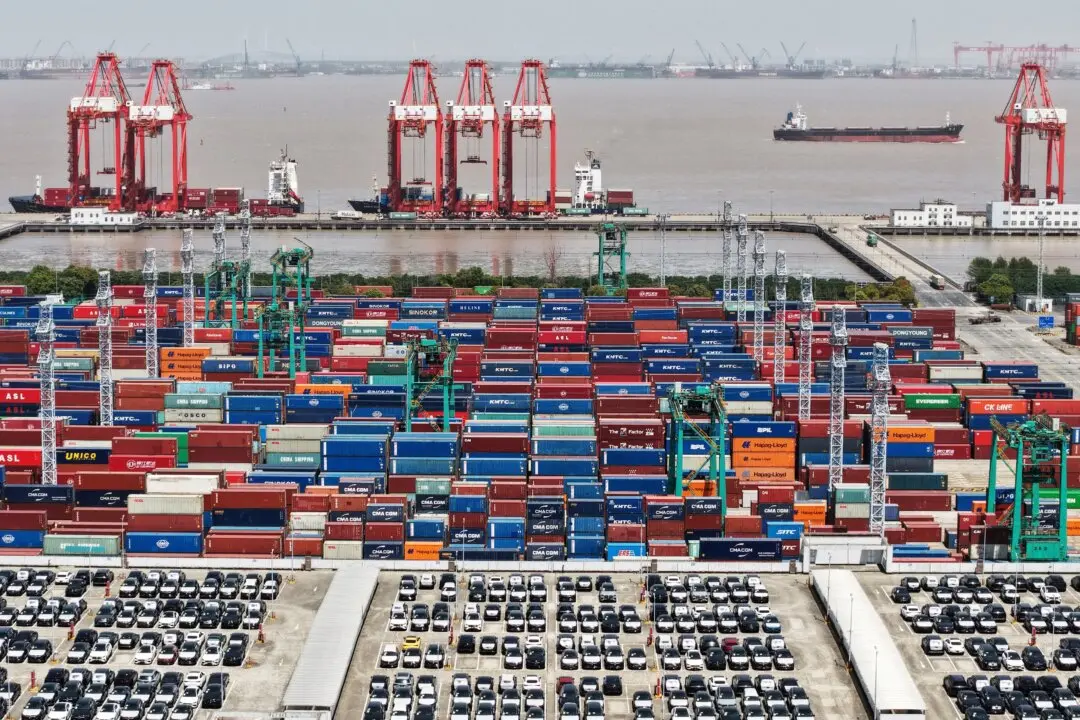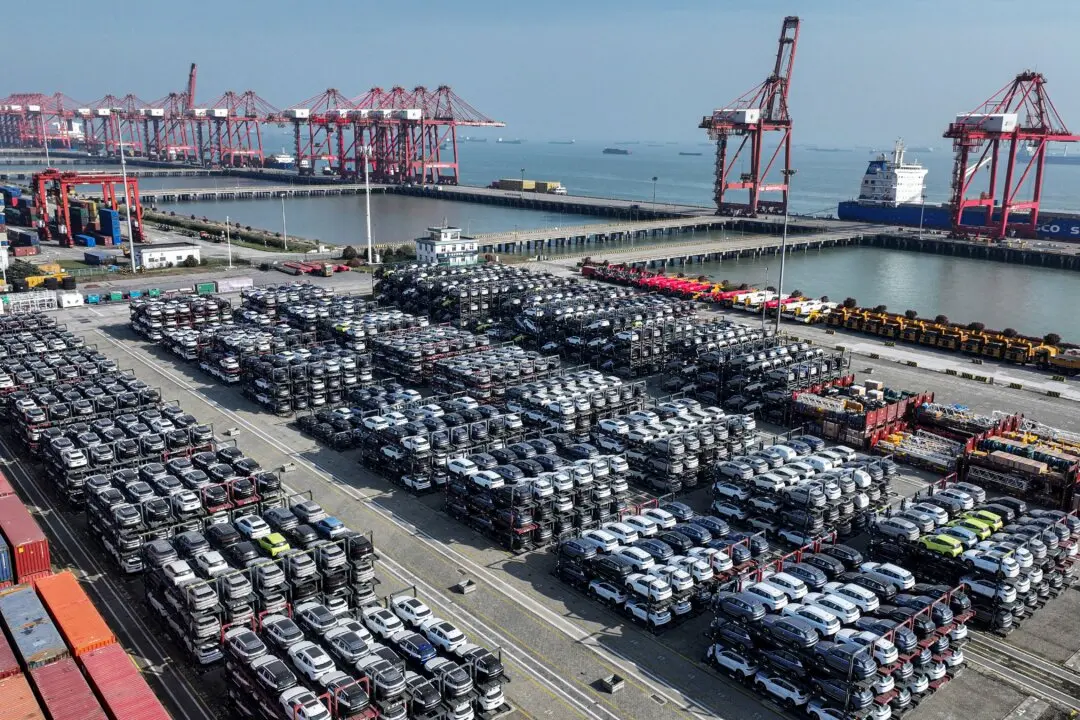Commentary
Beijing’s decisions last month cost U.S. investors a lot of money. Regulatory moves against Chinese companies that have recently listed shares on American exchanges have all but shut down the burgeoning market for such listings. They have also sliced deeply into the value of companies that had already been listed.





